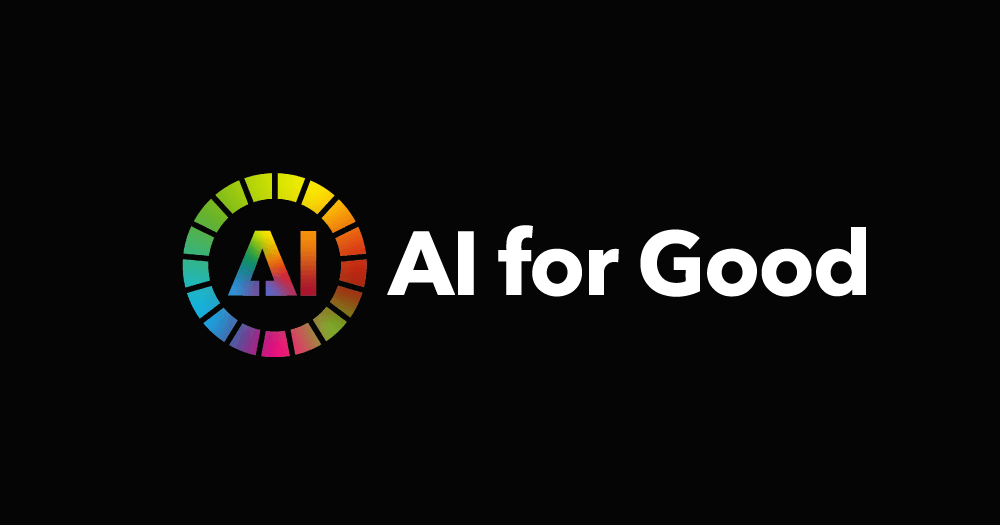The "AI for Good" Movement: Building Products with Positive Social Impact

Source: ITU
The "AI for Good" movement has gained renewed momentum, with a growing number of initiatives using artificial intelligence to tackle social and environmental challenges. From combating climate change to improving healthcare access, this movement underscores the potential of AI to create meaningful and positive change in the world.
What Is "AI for Good"?
The "AI for Good" movement is built on the premise that AI should be used not only for commercial success but also to address critical global issues. Organizations, both private and public, are leveraging AI to analyze complex datasets, optimize resource allocation, and deliver innovative solutions to pressing problems.
"AI has the power to amplify human ingenuity, solving problems that were previously considered insurmountable" - AI For Good 2019
This philosophy drives the development of AI-powered tools designed for societal benefit.
Examples of AI with Social Impact
One of the standout applications of "AI for Good" is in the field of healthcare. AI models are being used to predict disease outbreaks, improve diagnostics, and optimize treatment plans. In environmental conservation, AI-powered satellite imagery analysis helps monitor deforestation and track wildlife populations.
Another impactful example is the use of AI in education. Adaptive learning platforms powered by AI are personalizing education for students in underprivileged communities, bridging gaps in access to quality learning resources.
Challenges in Building AI for Good
While the potential of "AI for Good" is immense, it comes with challenges. Ensuring fairness, avoiding bias, and maintaining transparency are critical to the success of such initiatives. Additionally, access to high-quality data and adequate funding often limits the scalability of these projects.
"The development of AI solutions for social impact also requires a robust infrastructure and supportive policy environment" - YouAccel
This commitment is essential to ensure that the benefits of AI are distributed equitably.
💡 Key Takeaway:
The "AI for Good" movement demonstrates that artificial intelligence can be a powerful force for positive social impact. By focusing on ethical development and addressing global challenges, product teams can contribute to a more equitable and sustainable future.
💭 Final Thoughts
As AI continues to evolve, its role in driving social good will only grow. Product managers have a unique opportunity to align technological innovation with societal needs, creating solutions that not only succeed in the market but also make a meaningful difference in the world.
About the Author
Cyrille Gattiker is a Lead Product Owner specializing in AI-driven product development. He combines technical expertise with business acumen to create strategies that leverage AI for innovation and data-driven decision-making. Author of "Smart Commerce: The AI-Driven Future of e-Business", Cyrille is passionate about the transformative potential of AI in product management.
🗣️ Comments
This article has been published more than a week ago, so new comments are closed.
💬 Saeed said:
The healthcare and education examples are a testament to how technology can truly make a difference.
November 30, 2023